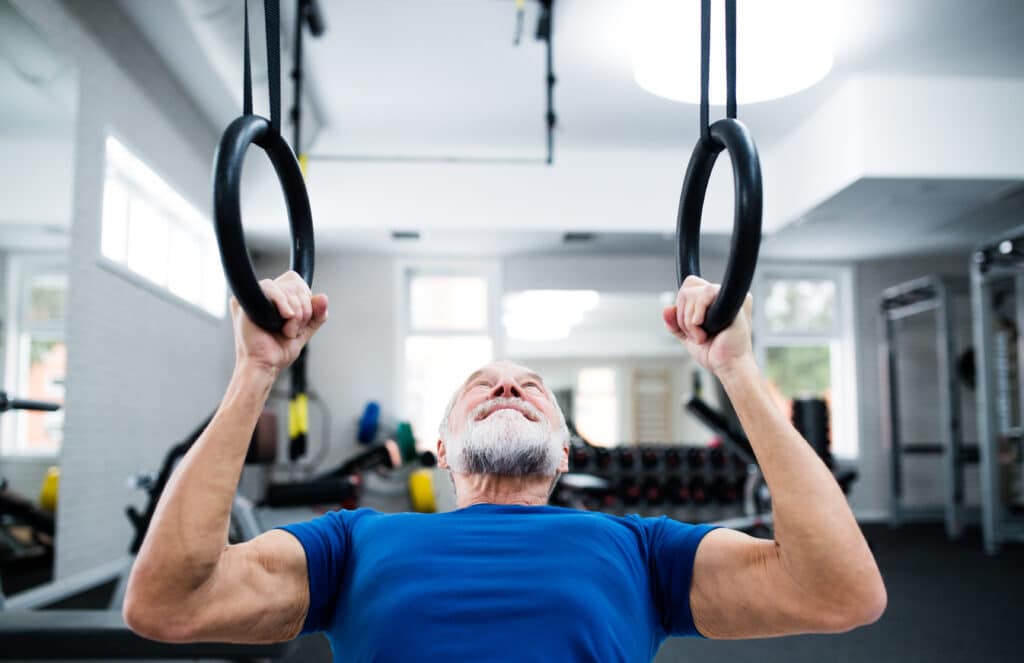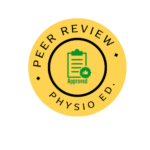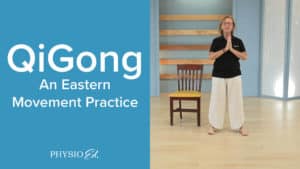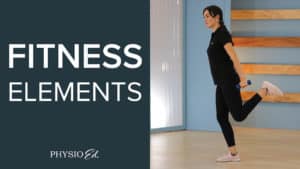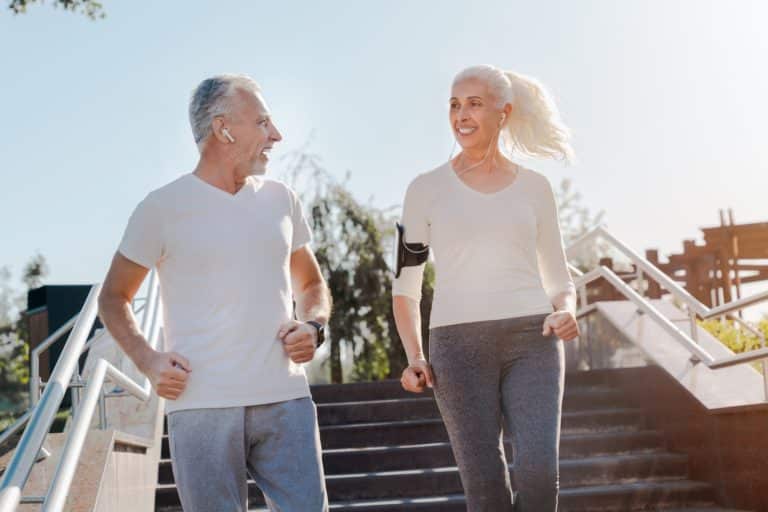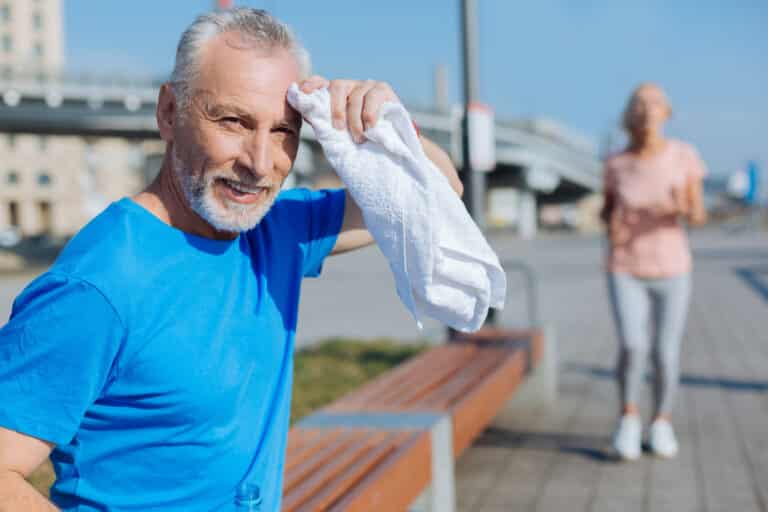Research Supports the Anti-Aging Benefits of Lifelong Exercise
We are all aware how important exercise is to our health and well-being, particularly as we age. Stronger muscles protect us from injury. Balance and flexibility exercises keep us moving safely and securely. Now, there is new data that quantifies the benefits of lifelong exercise and how we can potentially “stop the clock” on cardiovascular and muscular aging.
The study, published in the Journal of Applied Physiology, examined the effects of aerobic lifelong exercise on cardiovascular and skeletal muscle health found some remarkable results. People in their 70s who exercised regularly for decades seem to have delayed the aging process, maintaining the heart, lung and muscle fitness of healthy people at least 30 years younger.
The research, performed at the Human Performance Laboratory at Ball State University, was led by exercise physiologist Scott Trappe. Participants exercised on stationary bikes with increasing intensity. A sensor measured oxygen and carbon dioxide levels from their breathing. In an interview with NPR, Trappe said, “Lifelong exercisers had a cardiovascular system that looked 30 years younger.” This was significant, because the ability to process oxygen effectively typically diminishes over the age of thirty.
And despite the impressive findings, the results in muscle tissue was even more striking. Researchers found that 75-year-old muscles of lifelong exercisers were similar to the muscular health of 25-year-olds. “If I showed you the muscle data that we have, you wouldn’t know it was from an older individual. You would think it’s from somebody that’s a young exerciser,” Trappe said.
The clinical results of long-term exercise habits are just beginning to reveal quantitative data for researchers to report. This is primarily because we now have a population that started exercising in the 1970s and are now in their seventies themselves. Because we live longer we have more opportunity to learn and benefit from research such as this. A lifelong investment in clinically-supported fitness is beginning to prove incredible benefits deep into our lifetimes.

